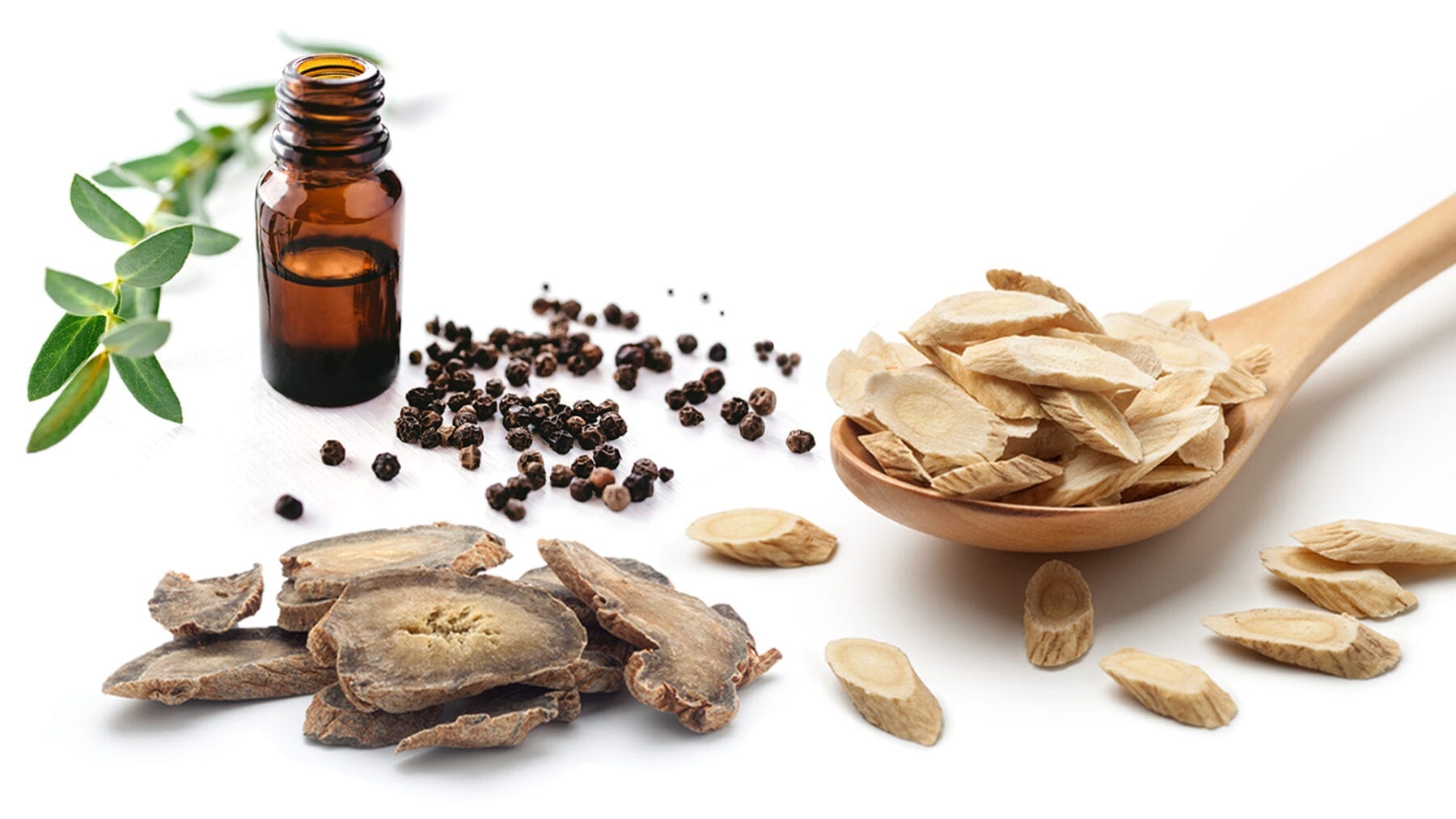
Written by Akeel Salahudeen
Final Year Medical Student
March 26, 2021
CATEGORIES
View All
BioWOW Foods® Safety/Quality
Full-Body Workouts
Healthy Eating
Joint Health
Self-Care Strategies
Supplements Guide
Featured Videos
Seeds are enriched with essential nutrients, chemical compounds, and energy required to set off a plant’s growth.
This is why seeds are considered one of the best sources of essential healthy nutrients.
If consumed in the right amounts, all-natural plant-based products can help regulate and improve health and essential bodily functions.
What Are The Healthiest Seeds To Eat?
The seeds used for food preparation are endless. This article will discuss a few of the healthiest and most popular seeds options in today’s marketplaces.
1.) Chia Seeds
Chia Seeds are a popular type of seeds used as a primary food ingredient throughout the world.
Chia seeds contain fibers, Omega-3-fatty acids, and antioxidants, which perform vital functions in the human body.
Benefits of Chia Seeds:
● Reduce inflammation in the body
● Lower blood glucose levels
● Improves weight loss by reducing appetite
2.) Flax Seeds
Flax seeds are rich in potassium, fibers, proteins, and lignans. Lignans are substances that resemble estrogens and possess excellent antioxidant properties.
Flax Seeds are famous for their anti-inflammatory properties, which reduce the risk of heart diseases and different types of cancer.
Benefits of Flax Seeds:
● Reduce bad cholesterol (LDL)
● The potassium content lowers blood pressure naturally
● Flax seeds improve digestion and bowel movements
3.) Sesame Seeds
Sesame Seeds are one of the most widely consumed edible seeds in Asia and some Western countries. Sesame seeds are rich in lignans, proteins, and fibers.
Benefits of Sesame Seeds:
● Sesame seeds reduce oxidative stress from the body, which would otherwise give rise to conditions like arthritis and joint pain.
● Sesame seeds promote muscle health by improving their aerobic capacity and preventing easy damage.
● Sesame seeds improve estrogen sex hormone levels in the body.
4.) Sunflower Seeds
Sunflower seeds are consumed as a snack in many countries. Sunflower seeds are rich in Vitamin E and mono-unsaturated fats.
Benefits of Sunflower Seeds:
● 100% standardized extracts of sunflower seeds are used in cooking oils, which helps in lowering bad cholesterol levels in the body.
● Sunflowers seeds lower CRP levels in the blood, which is increased in Rheumatoid Arthritis and Osteoarthritis patients.
● They help reduce blood pressure in hypertensive patients.
The Bottom Line
Plant seeds are an essential nutrient source. The number of benefits that they provide to the human body is countless. It is imperative to understand the value of seeds and incorporate seeds into your diet in small amounts on a regular basis.
—
References:
1.) Mohammed, S. G., & Qoronfleh, M. W. (2020). Seeds. Advances in neurobiology, 24, 421–467. https://doi.org/10.1007/978-3-030-30402-7_1
2.) Choudhary, M., Kumar, V., Malhotra, H., & Singh, S. (2015). Medicinal plants with potential anti-arthritic activity. Journal of intercultural ethnopharmacology, 4(2), 147–179. https://doi.org/10.5455/jice.20150313021918
3.) Ros, E., & Hu, F. B. (2013). Consumption of plant seeds and cardiovascular health: epidemiological and clinical trial evidence. Circulation, 128(5), 553–565. https://doi.org/10.1161/CIRCULATIONAHA.112.001119
4.) Knez Hrnčič, M., Ivanovski, M., Cör, D., & Knez, Ž. (2019). Chia Seeds (Salvia hispanica L.): An Overview-Phytochemical Profile, Isolation Methods, and Application. Molecules (Basel, Switzerland), 25(1), 11. https://doi.org/10.3390/molecules25010011
Hyaluronic Acid for Joint Inflammation

Written by Dr. Hafeez Arshad
General Physician



